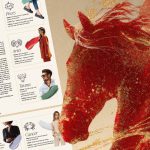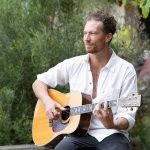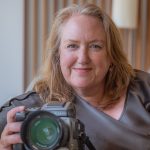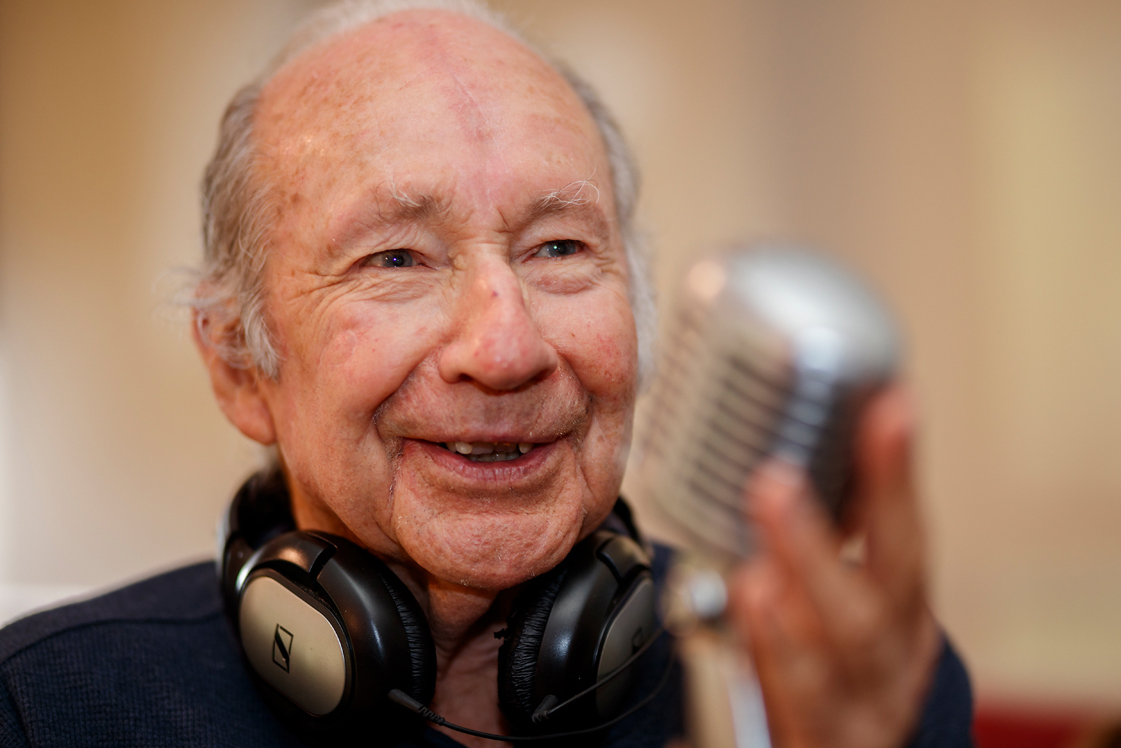
Television producer and broadcaster Bob Phillips describes his new novel ‘The Taylors – an Australian Dynasty’ as “saucy” – and he’s right. It’s laugh-out-loud at times, a raunchy romp. But despite their questionable morals and behaviour, the Taylors stick together as a family. The matriarch, Bettina, in particular, is an exemplary, loyal, and empathetic mother. The guys don’t come out as well, and some might say that men wouldn’t get away with that kind of behaviour today (sexual assault and sexism), but they often do because they can.
When writing ‘The Taylors’, Bob sometimes felt like he was channelling someone else. He says, “I went through a couple of extraordinary times. I’m not disciplined. I don’t set the clock at 6 a.m. and write. I tend to write more when I feel it, and there were a couple of days when I was typing away when I thought, ‘I’m not writing this.’ The words and the scenarios – something was driving it, and it wasn’t me.” This must be a welcome experience for authors, particularly if they’re channelling a bestseller.
‘The Taylors’ almost didn’t get published. “The UK editor accused me of being a racist until I assured her that the word ‘wog’ (a word supermodel Trish uses in the book to describe her husband, Tony) can be a term of endearment in Australia. She said, ‘You are writing to a market; you’re never going to win a Pulitzer Prize,’ and I’m happy with that.
“The book became saucier as it went along. It’s loosely based on a family that I knew many years ago that I used to tell Judy (Bob’s late wife Judy Banks) about and she used to say, ’You should make a television series out of that; you know, a Bold and Beautiful kind of thing.’ I initially wrote it as a sequence of scenes for a television show.”
Bob draws on his extensive CV for the book, including working for a carnival and running a large talent agency. “Even now, when I go past a big top, I think of these people and the life they live. To walk into the park at night with the lights on, the smell of hamburgers, the diesel generators – there is a magic about it. They are extraordinary, family-oriented characters. It is a wonderful look at life.”
Bob’s next love was the movies, working in theatres like Hoyts and The Circle in Essendon as the spool boy, winding the films, and then as a projectionist.
“It was just as television was starting to affect cinemas, and they went from people who went every week with house-full signs to battling to get an audience. Cinemas were becoming service stations. They even took every second globe out from the sign at the front to save electricity. I was offered a job in the film department at Channel 9, which I thought was terrific, but when I got there, the film department could have been a hundred miles away from where the action was.
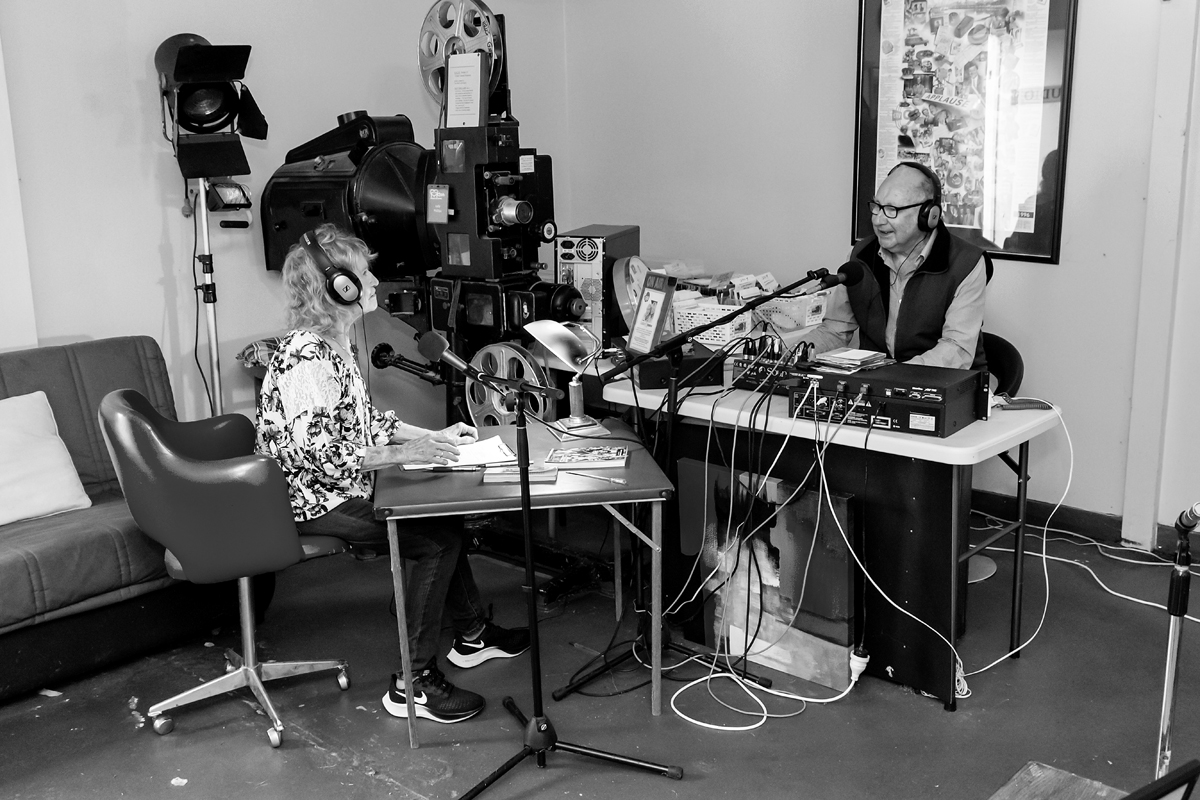
“One night, Graham Kennedy walked up to the film department to have film edited. He looked at me and said, ‘Bob, this isn’t really show business.’ I’d always been keen on production, so I became a floor manager, and then assistant producer on the Graham Kennedy show. In Melbourne Tonight was nerve-wracking. Graham was throwing up almost every night with nerves, people were having nervous breakdowns, and marriages were breaking up.”
Bob eventually became an executive producer and worked with Graham, Bert Newton, Daryl Somers, Don Lane, Mike Walsh and Steve Vizard. Although many of the shows were chaotic, Bob always provided a sea of calm, which is his nature even today. Although he says, “Twenty years after In Melbourne Tonight, I’d wake up in the night, floor managing it. I think it was a sort of PTSD.”
Bob wishes he’d started writing earlier. So why did he start writing? “I got sacked from the Don Lane Show after a reshuffle,” Bob says. “The general manager of Channel 9 said, ‘We’re going to pay you to do whatever you want to do – go and sit on an island for three months.’ So, Judy and I went to Noosa. I got out a pad and started to write about the early days and years, later, I was so grateful for what I’d done.” Bob’s book ‘Like No Other Business – 60 Years of Oz TV’ was based on those notes.
What does Bob think is good about television today?
“Everyone knocks television, and the number of free-to-air viewers is decreasing dramatically, but I think there are good things. There are a lot of good things on the ABC. I’ve never seen a bad ‘Australian Story’. ‘Dancing with the Stars’ is good variety television, there’s ‘Utopia’. Basically, I’m hooked on news. SBS does a terrific news service.
Bob and Judy chose Moorooduc not only as a place to live but also to run Australia’s first television and media museum, ‘TV World’. “I’ve always had a connection to the Peninsula,” Bob says. “My brother had a couple of farms in Rye – there are now golf courses – and I was always down here in the school holidays milking cows, which I never want to do again in my life.’ He chuckles. Bob spent many years broadcasting on the community station Radio Port Phillips with Judy.
The Moorooduc property is quiet and secluded with two horses. One is a former racehorse, the other a brumby, which Bob describes as “Very affectionate but totally badly behaved. He gives the girl horse hell. They’re characters.” There are also two sheep, ducks, and two cats.
Bob says he misses Judy very much and feels her presence. “It’s not an unpleasant thing, and I can feel that she’s pleased with some of the things I do but not when I get up the ladder.” He has no plans to move from the peninsula. “I wouldn’t move. I’ll stay here until they drag me away.”
Bob’s current read is ‘Sympathy for the Drummer: Why Charlie Watts Matters’, by Mike Edison, and he’s planning the sequel to ‘The Taylors’.


